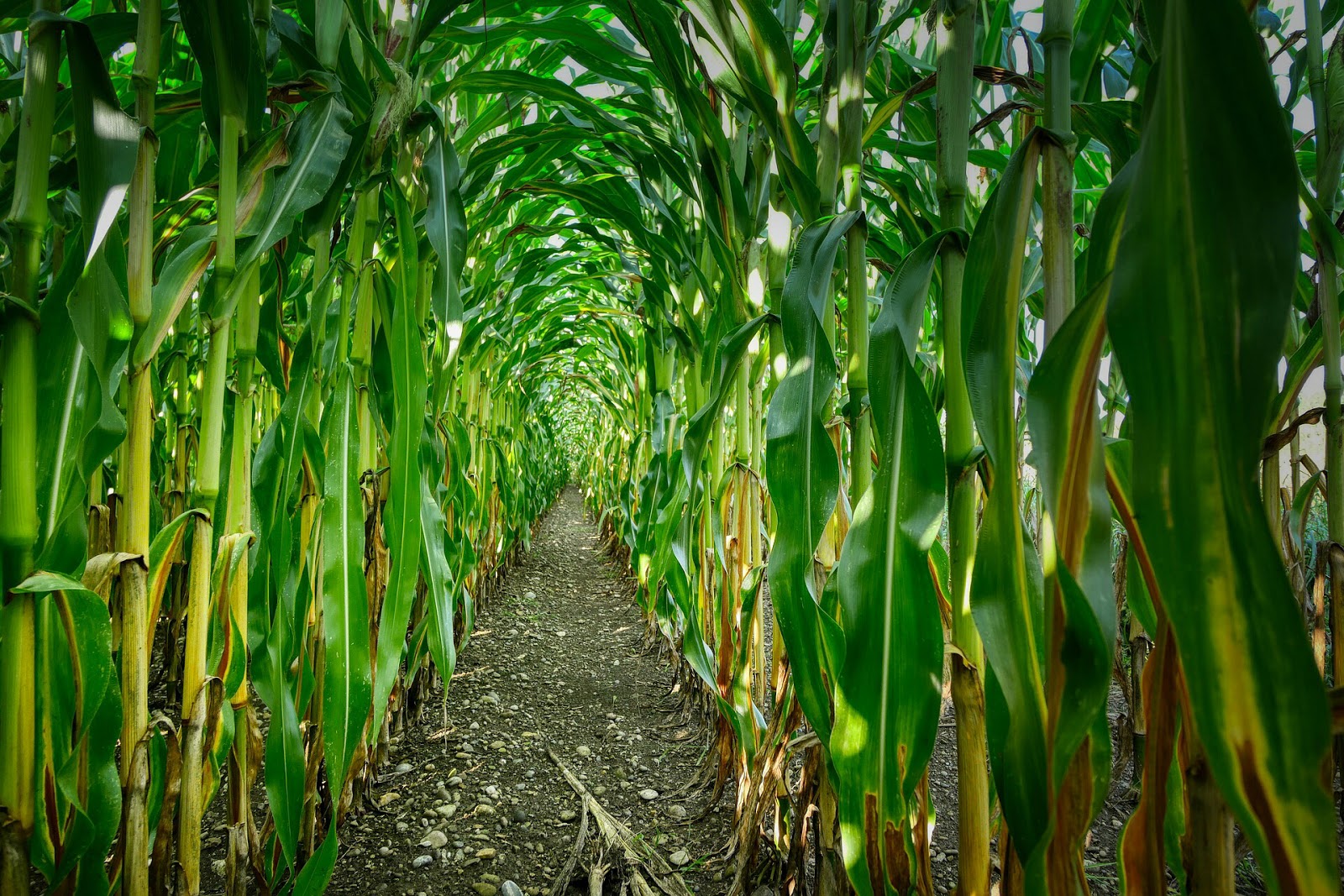How To Use Manure In Maize Farming (Beginners Guild)


Plant disease is an abnormal condition that effects the plant and either slows down its growth, reduced its yield or kills the plant in a severe case.
When plant diseases are not effectively controlled or prevented the farmer may end up earning little or nothing from his/her farm.
With this it is necessary to know the causes of plant diseases so as to be able to counter the outbreak of these diseases.
A diseased avocado plantFactors that causes plants diseases are divided into two, which are:
Read also>> factors necessary for high profitability in maize farming
Read also>> 10 diseases in poultry ant their symptoms
Comments
Post a Comment